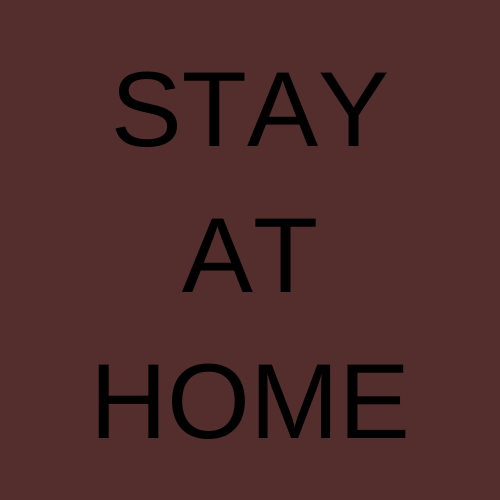
Mar 28 , 2020
Coronavirus Containment: 20 Practical Tips for Staying Safe at Home
Ensure Your Well-being During Your Home Confinement
Containment and fear of the epidemic can have disastrous psychological effects. While 2.6 billion people in more than 50 countries are being called into containment to limit the spread of Covid-19, scientific studies have alerted to the possible negative psychological effects of quarantine. How do you get through this difficult ordeal? At a time of planetary confinement, what feeling dominates?
Without a doubt, fear. It is an emotion that arises when we are faced with immediate danger (the coronavirus is one) and that sets in motion a series of physiological reactions (increase in heart, respiratory rate, rise in blood sugar…). Occasionally, it is useful because it pushes us to react to danger and to adapt. In the case of the COVID-19 epidemic, it forces us to revisit our habits, our lifestyle: we wash our hands more often, we pay attention, we respect confinement.
As long as the fear remains moderate and punctual, everything is fine. But, in this case, it is of unusual intensity because it consists of the three strongest fears in humans: fear of death (the virus kills), fear of the future for his children, and economic fear (losing your job). And, moreover, it extends over time.
Results: Not only normal physiological reactions can become a source of hypertension, hyperglycemia pathologies which lower general immunity which makes us more vulnerable to COVID-19. But also, when the circuits of fear are overloaded over time in an individual, there is a high risk of seeing a generalized anxiety disorder appear which is characterized by a permanent, excessive, disproportionate state of worry which can lead to mental disorders such as depression and chronic anxiety, or even post-traumatic stress disorder.
So How do You Avoid This?
It will already be necessary to make an honest self-diagnosis. Where am I with my fear? Symptoms to recognize in chronic anxiety are nervousness, pessimism, feeling exhausted, fatigue, difficulty concentrating or remembering, irritability, muscle pain and tension, insomnia, headache, and even diarrhea, palpitations, upset stomach, tight throat, hyperventilation and a whole bunch of other annoyances that come with this psychic state. These signals should alert. Barriers must, therefore, be adopted without delay.
This can be particularly stressful if you live in a space reduced or without access to a garden. It is important to take care of your mind as well as your body, and get support if you need it.
Here we will give you 20 tips that allow you to overcome this uncertain and containment period:
- Disconnect from information, allow only a certain hourly volume during the day.
- f you have children, take care of them fully at certain times, then work fully on others. Do not mix everything.
- Stay in touch with nature (which acts as a natural anxiolytic), if possible.
- Read novels, to get away from it all, and stimulate our imagination and positive emotions.
- Stay in touch with your family and friends over the phone or on social media.
- You can also use the Every Mind Matters website.
- Dowland application as Active 10 as a daily routine with activity tracking.
- Do breathing exercises.
- Feel healthier and lose weight with our partnership MODERE™ USA as they had designed great and effective products to help you to maintain personal hygiene, ameliorate your balance, lose weight, and improve the immune system.
- You can use our link Live Clean to order your healthy product's lifestyle.
- Get a new resolution at this best moment to stop smoking and start a 4-week program that puts practical support. Go to the NHS Smoke-Free app and downland it!
- Start to change your daily dinner routine as this time, it is more important than ever to make new daily dinners, healthier included more vegetables, less sugar, less saturated fat to reduce cholesterol and to delay diabetes.
- Visit Easy Meals app and download it, you will find 150 delicious, easy, and healthy recipes. You can search by mealtime and save a shopping list for later.
- Respect your agenda and sleep hours as keeping the same routine!
- During confinement or even teleworking, it is essential not to change your sleep habits. It is important to stay positive and keep the same pace of life.
- Organize your meals and choose a quiet room in your house for teleworking.
- Do half an hour of relaxation a day before you start your work at home.
- Take breaks every 2 hours by drinking hot coffee, a cup of herbal tea 100% organic with honey, and a little lemon for the comfort of the throat.
- Sleeping well, getting away from the screen after a certain time in the evening, and continuing to wake up are little things that will make your daily life easier.
- Regarding the nap, when you stay at home, it is preferable to use it only if you have real fatigue because if it is carried out irrationally, it will contribute to the deregulation of the sleep cycle.
